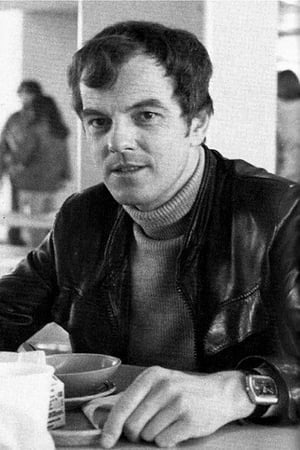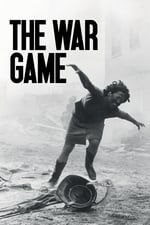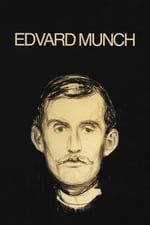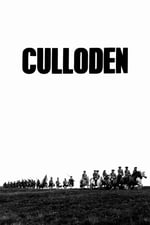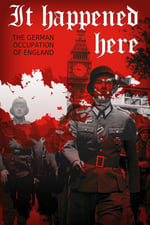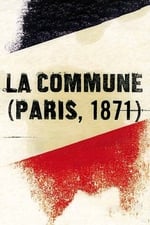Información personal
Conocido por Dirección
Créditos conocidos 20
Sexo Masculino
Fecha de nacimiento 29 de octubre de 1935 (88 años)
Lugar de nacimiento Norbiton, Surrey, England, UK
También conocido como
- 彼得·沃特金
Puntuación del contenido
100
¡Sí! ¡Buena pinta!
Iniciar sesión para informar de un problema
Biografía
Peter Watkins (born 29 October 1935) is an English film and television director. He was born in Norbiton, Surrey, lived in Sweden, Canada and Lithuania for many years, and now lives in France. He is one of the pioneers of docudrama. His movies, pacifist and radical, strongly review the limit of classic documentary and movies. He mainly concentrates his works and ideas around the mass media and our relation/participation to a movie or television documentary.
Nearly all of Watkins' films have used a combination of dramatic and documentary elements to dissect historical occurrences or possible near future events. The first of these, Culloden, portrayed the Jacobite uprising of 1745 in a documentary style, as if television reporters were interviewing the participants and accompanying them into battle; a similar device was used in his biographical film Edvard Munch. La Commune (Paris, 1871) reenacts the Paris Commune days using a large cast of French non-actors.
In 2004 he also wrote a book, Media Crisis, an engaged essay about the media crisis, the monoform and, foremost, the lack of debate around the construction of new forms of audiovisual media.
Description above from the Wikipedia article Peter Watkins, licensed under CC-BY-SA,full list of contributors on Wikipedia.
Peter Watkins (born 29 October 1935) is an English film and television director. He was born in Norbiton, Surrey, lived in Sweden, Canada and Lithuania for many years, and now lives in France. He is one of the pioneers of docudrama. His movies, pacifist and radical, strongly review the limit of classic documentary and movies. He mainly concentrates his works and ideas around the mass media and our relation/participation to a movie or television documentary.
Nearly all of Watkins' films have used a combination of dramatic and documentary elements to dissect historical occurrences or possible near future events. The first of these, Culloden, portrayed the Jacobite uprising of 1745 in a documentary style, as if television reporters were interviewing the participants and accompanying them into battle; a similar device was used in his biographical film Edvard Munch. La Commune (Paris, 1871) reenacts the Paris Commune days using a large cast of French non-actors.
In 2004 he also wrote a book, Media Crisis, an engaged essay about the media crisis, the monoform and, foremost, the lack of debate around the construction of new forms of audiovisual media.
Description above from the Wikipedia article Peter Watkins, licensed under CC-BY-SA,full list of contributors on Wikipedia.
Dirección
|
||||||
|
||||||
|
||||||
|
||||||
|
||||||
|
||||||
|
||||||
|
||||||
|
||||||
|
||||||
|
||||||
|
||||||
|
||||||
|
||||||
|
||||||
|
||||||
|
Guion
|
|||
|
|||
|
|||
|
|||
|
|||
|
|||
|
|||
|
|||
|
|||
|
|||
|
|||
|
|||
|
|||
|
|||
|
|||
|
Interpretación
|
|||
|
|||
|
|||
|
|||
|
|||
|
|||
|
|||
|
Edición
|
|||
|
|||
|
|||
|
|||
|
|||
|
|||
|
|||
|
Producción
|
|||
|
|||
|
|||
|
Equipo
|
|||
|
Sonido
|
Creador
|
